2021 pulled the curtains open for the sponsorship system, following the guidance released by the Home Office in December 2020. Based on the changes, businesses are required to get a sponsor license to recruit skilled workers who have not been granted the right to work and live indefinitely in the UK. This includes Swiss nationals, EEA, and other workers from all over the globe.
With huge workforce gaps in the health & social care, hospitality, finance, and other major sectors, having a sponsor license is an undeniable business edge.
The catch? Being a sponsor is not an automatic right. Just like applying for any other types of licenses, an employer must complete certain requirements and qualifications, which, in this case, isn’t as simple as it looks like. If the business fails to present all relevant documents, employers accept the risk of getting rejected, and in most cases, having to wait for a 6-month cooling-off period.
So what are the top mistakes when applying for a sponsor license? Let’s find out!
1. Ignoring Your Need for Professional Help
The first and probably the worst mistake you can do when applying for a sponsor license is to neglect the importance of getting help from a solicitor. Many businesses tried to do their application on their own, and majority of them failed.
One of them is Family Support Care’s Registered Manager, Eric Fordjour, who attempted to dodge solicitor’s fees and ended up getting rejected by the Home Office. When asked about his experience, he had this to say:
“As a businessman, I wanted to save money by doing my sponsor application on my own. But because it is not my expertise and I did not understand most of the questions well, my application did not become successful. I’m quite lucky because I did not get a cooling off period even if I was refused.”
Just like getting a driver’s license, you need to learn how to navigate your way through international recruitment—or at least applying for a sponsor license. It’s already a challenge to explore a new recruitment strategy, but it becomes even harder when you realise that you need to swim across legal terminologies that you might have never encountered before.
Our advice: don’t drown! Get professional help so you can simplify the process and get a better understanding of what you need to get a sponsor license.
2. Incomplete Application or Missing Documents
Filling an application form can’t be difficult! Or can it?
When Eric was filling out his documents, he skipped some of the questions he couldn’t understand. This became one of the main grounds for his application rejection.
Rookie mistake? Not really! Many employers face the same issue when applying on their own. But aside from unsurely clicking the “next” button, lacking supporting documents can significantly affect your application.
The documents you need to present depends on the nature of your business, the types of skilled workers you’re looking to sponsor, and the type of sponsor license you want to apply for. But in general, you can find the full document list on sponsor guidance appendix A. You need to submit all relevant documents within five working days after you submitted your application.
Extra tip: always check the validity and authenticity of your supporting documents. Even if you completed your requirement list, if a document is, for instance, invalid, there’s a huge chance that your application won’t be approved.
4. Not Preparing for a Home Office Visit
Think of a Home Office pre-license visit as a driving test, where an assessor gauges your ability to perform your duties and responsibilities on the road. Only this time, you’re on the road to international recruitment.
A pre-license visit checks if you are a legitimate business that has a proper recruitment system in place, and the Home Office can do so unannounced. Aside from your physical office, they can also visit other places where your migrants are expected to perform their duties. The goal is simple: the HO wants to check if your systems can efficiently monitor the status of your sponsored skilled workers, and if you’re able to do your duties as a licensed sponsor.
By performing mock audits on your systems, you can see any loopholes that can keep you from getting a sponsor license—or in worst-case scenarios, may cause your license to get revoked.
5. Lastly, thinking that getting for a sponsor license is the end
Getting a sponsor license is not the end. It’s only the beginning of a bigger responsibility. Remember your pre-license visit? The Home Office also performs compliance visits, which checks if you’re complying with all your duties as a sponsor.
If you’re not sure how to keep your systems in place, you can get help with sponsor license management, which allows you to put a system within your system. Makes sense? It sure does, especially if your sponsor license is on the line.
It’s also important to note that having your license revoked can give your company a history of non-compliance—something that can make re-application a challenging task.
Still sure how to approach your sponsor license application? Watch Eric and his journey with IANS here:
Don’t go blindly into international recruitment. Speak to our team today!



COMMENTS